SIAM Announces 2025 Class of Fellows
SIAM Honors Distinguished Work with its Fellows Program
Society for Industrial and Applied Mathematics (SIAM) is pleased to announce the 2025 Class of SIAM Fellows. These distinguished members were nominated in recognition of their outstanding research and service to the community. Through their various contributions, SIAM Fellows form a crucial group of individuals helping to advance the fields of applied mathematics, computational science, and data science.
SIAM congratulates these 25 esteemed members of the community, listed below in alphabetical order. They will be recognized during a reception at the SIAM/CAIMS Annual Meetings in Montréal, Québec, Canada in July 2025. View the full list of SIAM Fellows and learn more about SIAM prizes and awards.
Nominations for 2026 Fellows will open May 1, 2025. Learn more about our nomination procedures.
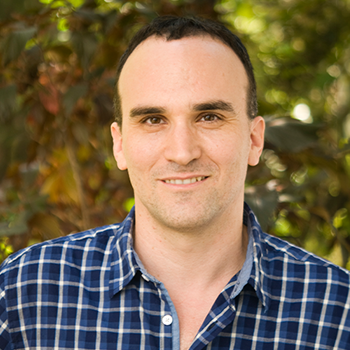
Amir Beck, Tel Aviv University, is being recognized for contributions to continuous optimization theory, algorithms, and engineering applications.
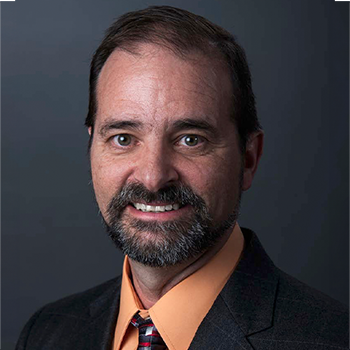
Luis Chacon, Los Alamos National Laboratory, is being recognized for seminal contributions to scalable, multiscale fluid, kinetic, and hybrid algorithms, enabling breakthrough simulations of magnetic and inertial fusion plasmas.
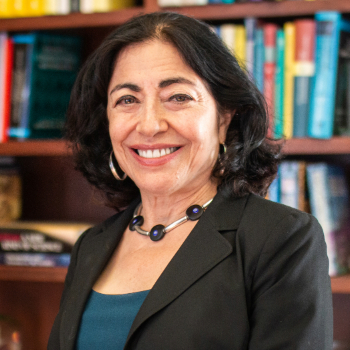
Jennifer Chayes, University of California, Berkeley, is being recognized for contributions to mathematical physics, probability theory, computer science, and network science, with broad applications.
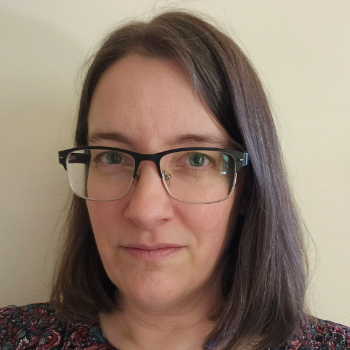
Elizabeth M. Cherry, Georgia Institute of Technology, is being recognized for contributions to mathematical and computational modeling of cardiac action potentials from single cells to realistic 3D structures and extensive service to the SIAM community.
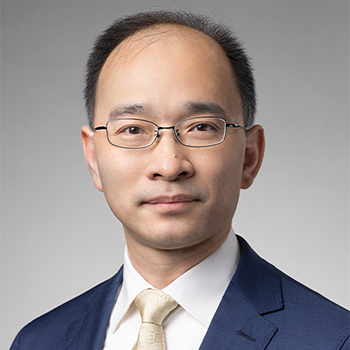
Eric Chung, The Chinese University of Hong Kong, is being recognized for contributions to numerical analysis and multiscale methods.
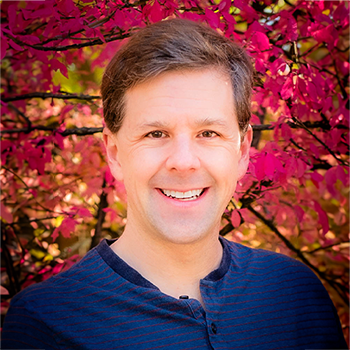
David F. Gleich, Purdue University, is being recognized for research contributions to matrix-based network analysis and the foundations of higher-order network analysis.
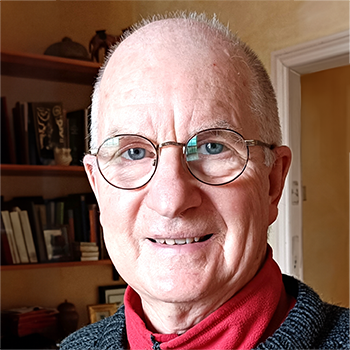
Ivan Graham, University of Bath, is being recognized for sustained, outstanding contributions to the numerical analysis of partial differential equations and integral equations.
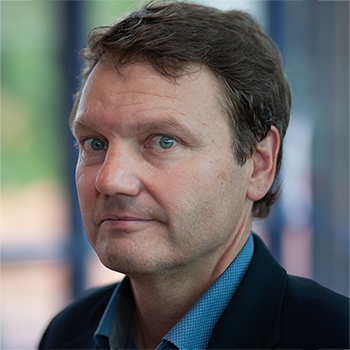
Lars Grüne, University of Bayreuth, is being recognized for contributions to systems theory and optimal and predictive control.
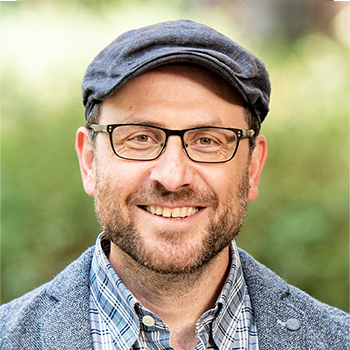
Serkan Güğercin, Virginia Tech, is being recognized for innovations in the design of algorithms for rational approximation and interpolatory model reduction of large-scale dynamical systems.
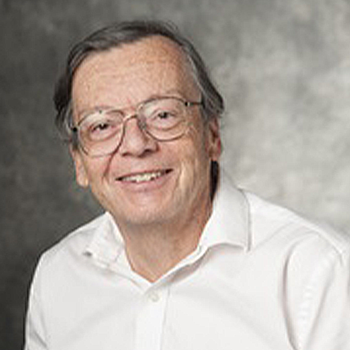
Thomas Hagstrom, Southern Methodist University, is being recognized for contributions to the numerical analysis and scientific computing of domain truncation and high-order methods for simulating wave propagation.
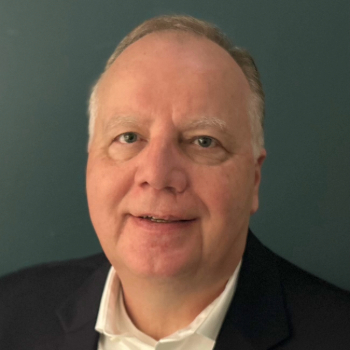
Matthias Heinkenschloss, Rice University, is being recognized for work on numerical methods in partial differential equation constrained-optimization and optimal control.
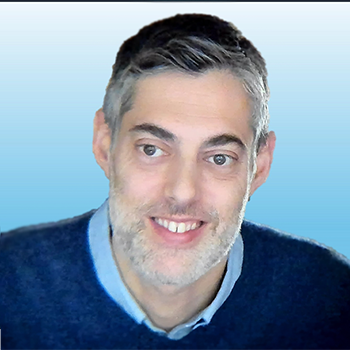
Lior Horesh, IBM Research, is being recognized for contributions in quantum computing and machine learning and for fostering the relation between academic computational mathematics and the industry.
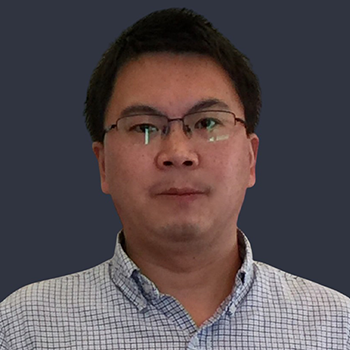
Lili Ju, University of South Carolina, is being recognized for contributions to the development of novel numerical methods for partial differential equations, ocean and ice-sheet modeling, meshing, imaging, and high performance computing.
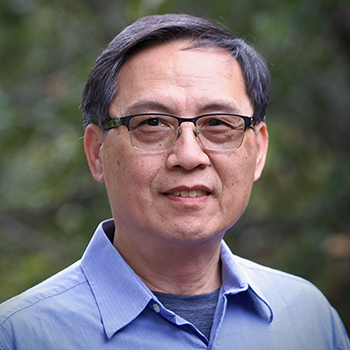
Wei Kang, Naval Postgraduate School, is being recognized for fundamental theoretical and computational contributions to the analysis, control, and estimation of nonlinear dynamical systems and their applications.
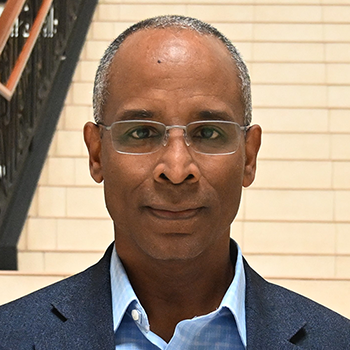
Steven Lee, U.S. Department of Energy, Office of Advanced Scientific Computing Research, is being recognized for exceptional federal program leadership in advancing the field of scientific computing research, and for service to the profession.
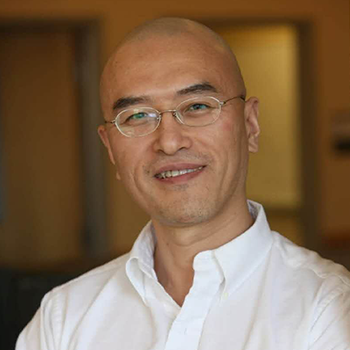
Chun Liu, Illinois Institute of Technology, is being recognized for contributions to the theory and applications of nonlinear partial differential equations, especially on biophysics, complex fluids, and materials.
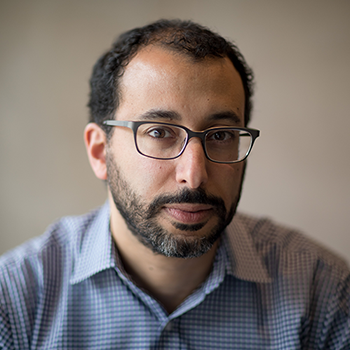
Youssef Marzouk, Massachusetts Institute of Technology, is being recognized for seminal contributions to multiple aspects of uncertainty quantification, particularly Bayesian computation and measure transport.
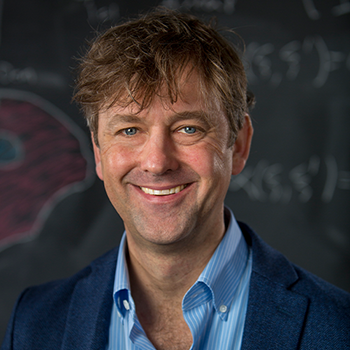
Jonathan C. Mattingly, Duke University, is being recognized for fundamental contributions to stochastic analysis and for applying stochastic tools to scientific and societal problems.

Gianluigi Rozza, SISSA - Scuola Internazionale Superiore di Studi Avanzati - Trieste, is being recognized for contributions to the development of reduced order models for CFD applications.
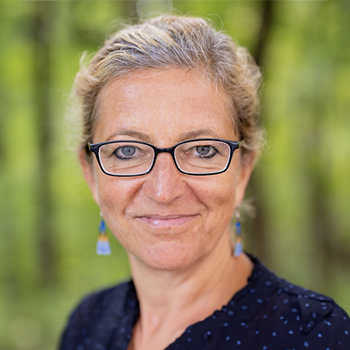
Katya Scheinberg, Georgia Institute of Technology, is being recognized for foundational contributions to derivative-free optimization and optimization applications in data science, as well as dedicated service to the optimization community.
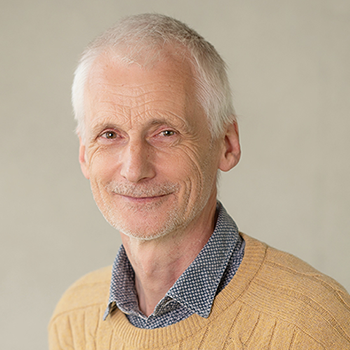
Otmar Scherzer, University of Vienna and Radon Institute for Computational and Applied Mathematics, is being recognized for expertise in inverse and ill-posed problems, in particular regularization theory, tomography, and mathematics of imaging.
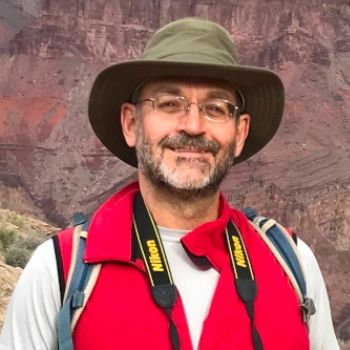
Frank Sottile, Texas A&M University, is being recognized for fundamental contributions to real, computational, and applied algebraic geometry, and for scientific leadership and service to the SIAM community.
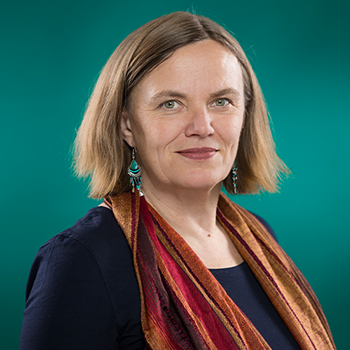
Andrea Walther, Humboldt-Universität zu Berlin, is being recognized for contributions in algorithmic optimization and automatic differentiation.
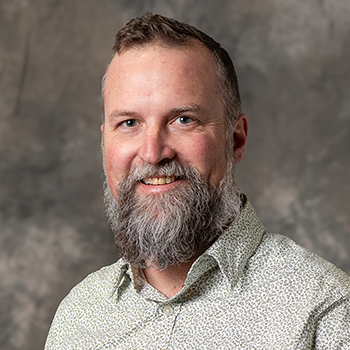
Stefan M. Wild, Lawrence Berkeley National Laboratory, is being recognized for significant contributions to derivative-free optimization and applications.
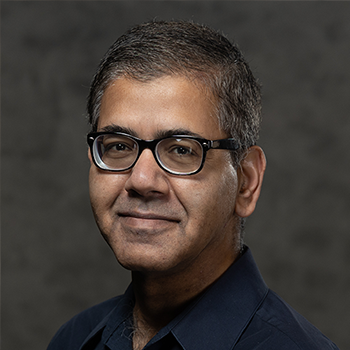
Mohammed J. Zaki, Rensselaer Polytechnic Institute, is being recognized for contributions to data mining and knowledge discovery, and leadership in data science.
In addition to raising the visibility of applied mathematics, computational science, and data science, the SIAM Fellows Program enhances the prospects of SIAM members for receiving awards and honors, and securing leadership positions in the broader society. Learn more about the SIAM Fellows Program.
Related Reading

Stay Up-to-Date with Email Alerts
Sign up for our monthly newsletter and emails about other topics of your choosing.



